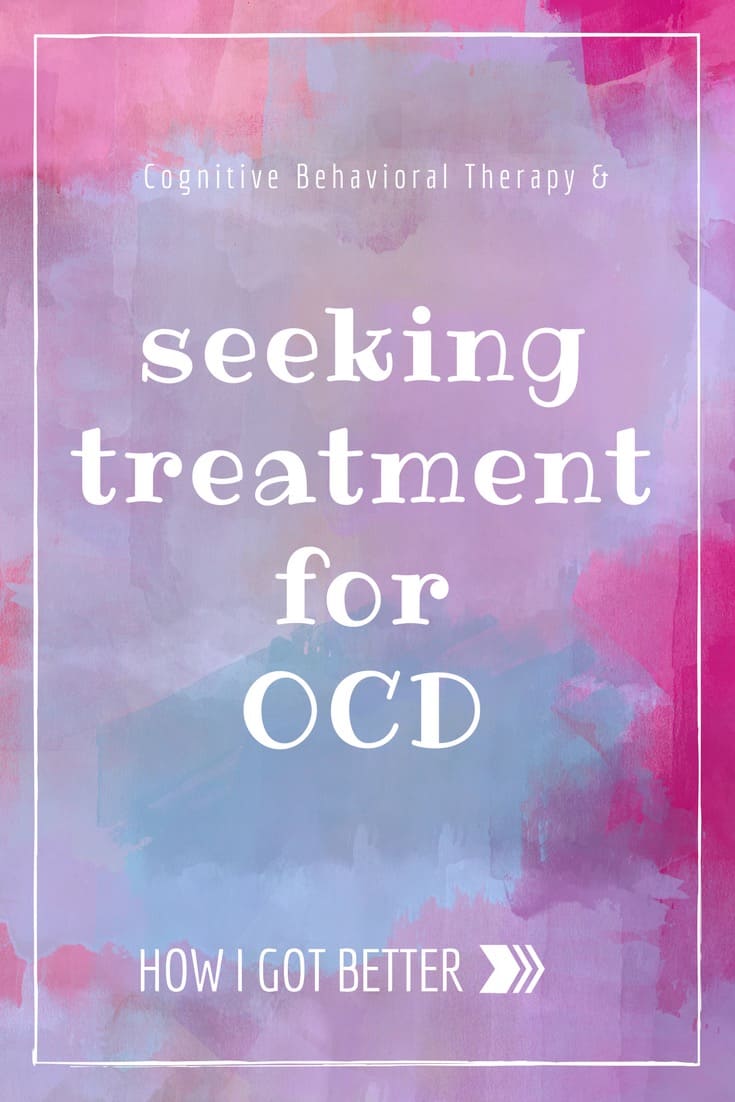“OCD?” I asked. “OCD Health Anxiety? OCD as in ‘Obsessive Compulsive Disorder?'” I inquired with an increasingly puzzled tone in my voice. My therapist nodded gently, confirming that I had heard her correctly.
I chuckled. “You know, of all the things I ever thought was wrong with me over the years, OCD was definitely not one of them.” But here we were. A diagnosis of OCD health anxiety. I finally knew what to call all this obsessive worry about my health.
All these years battling imaginary ailments. And finally, I have a real, diagnosed ailment. A mental one.
Free 30 Day Guide to Improving
Health Anxiety Symptoms
Manageable daily tasks you can try for the next 30 days to kickstart your path to overcoming hypochondria & health anxiety.
My Diagnosis with OCD Health Anxiety
My official diagnosis of an obsessive compulsive disorder (OCD Health Anxiety) came during my third therapy session.
I was puzzled. So, I expressed a slight objection to the diagnosis. Maybe she hadn’t been quite understanding the anxieties I had been describing.
“No, I’m pretty sure I’m just a hypochondriac. I’m not a germophobe. I don’t wash my hands all the time or anything. I don’t always need to check that my door is locked. And, you should see my house, I definitely don’t always need things to be in neat order!”
Those three things: handwashing, checking door locks, and keeping things orderly, demonstrated the extent of what I “knew” about OCD.
She didn’t react much, replying, “OCD comes in many forms. You might have a form of OCD that we refer to as ‘Pure-O.’ It’s short for ‘purely obsessional’ OCD, or more commonly referred to now as ‘primarily obsessional OCD.’”
I sat there, still trying to think how I could possibly have OCD.
She read to me from a textbook that defines Primarily Obsessional OCD. It was a strangely emotional moment. The definition was like hearing a description of myself in some strange book. I got especially emotional when the definition described how those that suffer with Pure-O tend to keep their obsessions secret, hidden from others because they find such intense shame associated with their worries and obsessions.
My husband certainly knew that I was an excessive worrier when it came to health issues. But, I always kept the batshit crazy internal dialogue scenarios to myself, like when I was essentially imagining myself having a heart attack on a steep hiking trail and wondering how long it would take someone to call 911 if we didn’t have cell service. I’d just say, “maybe I’m too clumsy for this.” I didn’t want him to worry that I was sick too. I just figured I’d keep the worry to myself. Plus, I “knew” that I was being absurd, so why share it with anyone?
There was some silence as I absorbed my unexpected diagnosis.
“OCD is luckily very treatable and manageable, but you have to be willing to put in the time to work on it. It’ll take a minimum of several hours per week of commitment outside of your appointments” the therapist explained.
“Yes, no problem, I just want to get better and stop being worried about my health all the time.”
The therapist recommended that I buy two books:
The OCD workbook and “Coping with Anxiety.” She told me that as soon as I purchase the OCD workbook, that I should start the exercises and worksheets in the book.
She explained, “We’ll keep your diagnosis as “Primarily Obsessional OCD for now. But, as you go through the workbook, I want you to pay attention to the questions they ask about identifying compulsions. And, when you have a moment of anxiety about a bodily sensation, take note of what your physical response is. Sometimes we do things so habitually that we don’t even notice it.

Want email notifications when I publish a new post? Sign up below!


3 comments
[…] my initial diagnosis of OCD, I was pretty insistent with my therapist that I didn’t have any compulsions. Therefore, I was […]
[…] my diagnosis of OCD and when I had began to identify my compulsions and talk about them in therapy, Dr. Lindo explained […]
[…] also learned in therapy that my anxiety wasn’t just anxiety. It was OCD. And that opened up a ton of other help options too. No time to seek a therapist in person? You […]